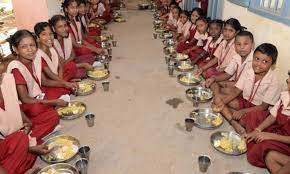Debunking 3 myths about NGO donations

In recent years, the number of donations made towards social causes has increased significantly. NGOs, charitable trusts, and other non-profit organizations have been using these additional contributions to extend their cause and reach more people in need. These small steps taken by individuals across the country can truly help accelerate the process of social and economic development. Besides this, if you donate money to NGOs for a cause you care about, you feel a sense of belonging within your society, as well as great satisfaction that you have contributed to making a positive difference for the members of your community. Even with the many positives associated with making a charitable donation, a large chunk of the population is inhibited to donate money to NGOs or other organizations because of certain misconceptions. As a frequent donor to different types of NGOs in the country, I would like to debunk some of these myths and give you more clarity about maki...




